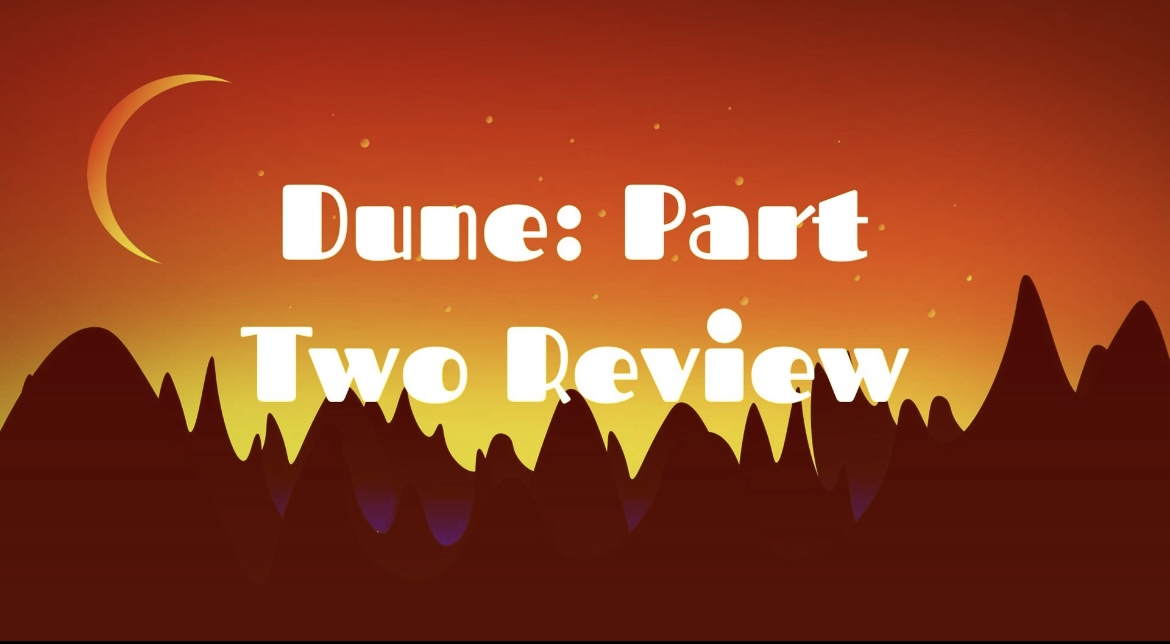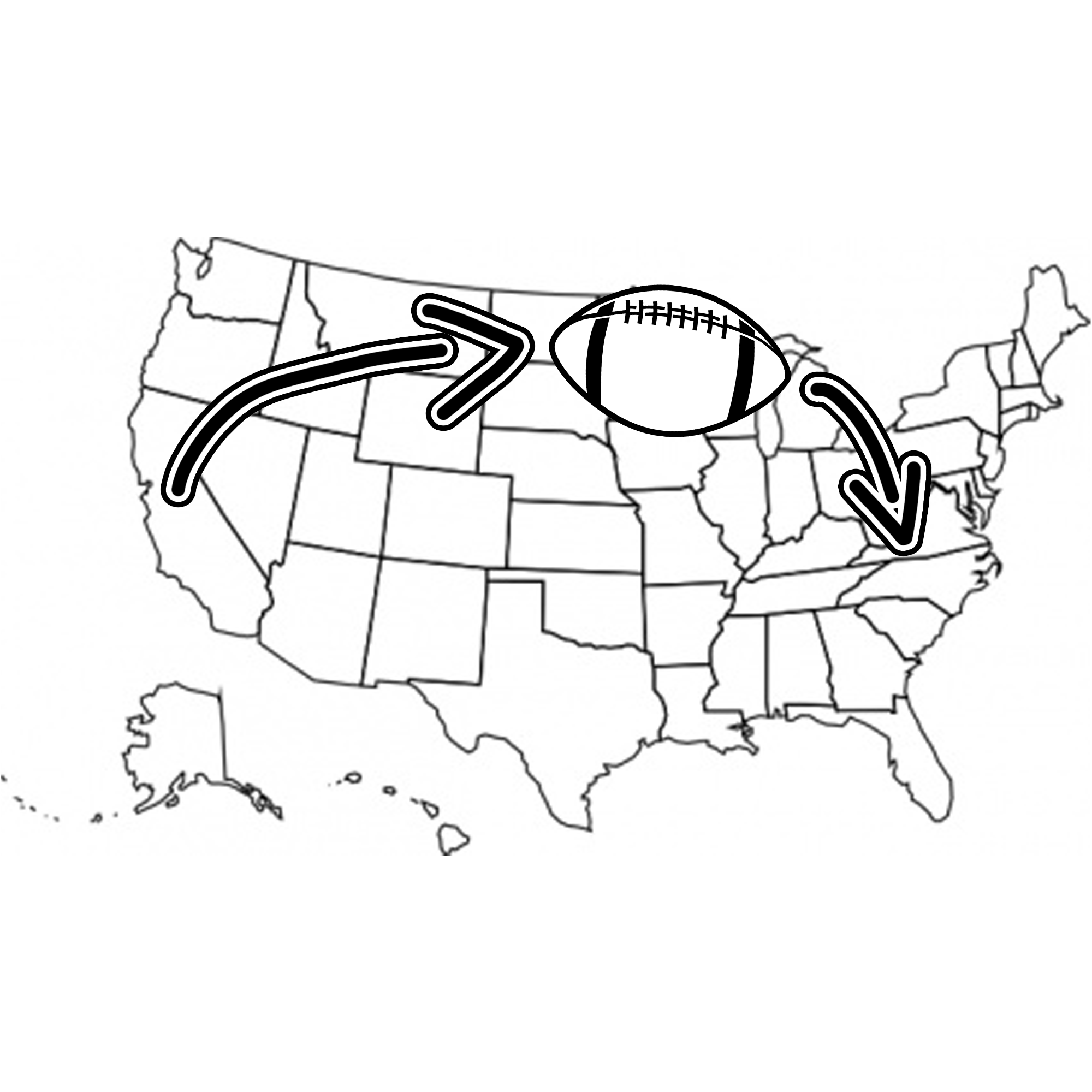By Roberto Lachner
When it comes to climate change denial, there are two questions that are the most important to address and understand in order to “get” the controversy. First, how do people deny man-made climate change’s existence, and why they do so. In a society in which climate skepticism and outright denial is growing in the face of increasing evidence against it, and even despite the all more apparent consequences of global warming, it’s imperative to understand what’s going through these people’s heads, even if you are not on the same side of the issue.
The common thread behind climate change skeptics’ arguments are just that- skepticism. They are based on disproving the evidence and arguments put forth by the scientific community. For example, one of the more common statements repeated by climate change deniers is that “the climate has changed before,” which implicitly discredits scientists’ opinion that the current change of global climate is not only real and current, but a dangerously pressing issue that needs to be addressed. Other arguments include pointing out factors that scientists may have “missed”, such as the supposed fact that “the sun is getting hotter” or that “cosmic rays” are actually the cause of the heating, not humans. The third- and possibly most common- type of argument is that global warming is just not serious, and no one should worry about it. “Animals and plants can adapt” and “it’s not an existential threat” are both common derivations of this philosophy; even the previously mentioned “climate has changed before” also implies that since it happened before- and we’re still here- then it’s fine if it happens again.
As to why people deny the existence and severity of man-made climate change, there’s many different reasons and each individual skeptic has their own thinking. For one, a fair amount of the media outlets people pay attention to have biases when it comes to the supposed climate-change debate, causing their reporting to be misleading or false. Not to mention many of these media groups are controlled or influenced by people and corporations who have historically benefitted financially from hiding the truth about climate change. Since most people don’t diversify where they get their information from, opinions radiated from just a few news sources can seem as if they are mainstream and correct in the minds of readers/ listeners nationwide. Another cause of denial can simply be that the reported possible consequences of global warming seem so extreme, so disastrous, so other-worldly, that it almost sounds made-up or exaggerated.
With all that being said, people have their own individual arguments and opinions against global warming, as well as their own reasons for the denial. What’s important is simply to know how everyone thinks in relation to a subject, because we can all often get lost in our own perception and opinions, isolated from the reality of how it is perceived by everyone else.





